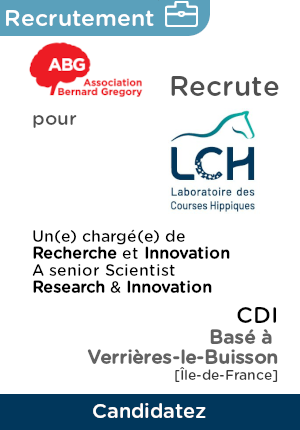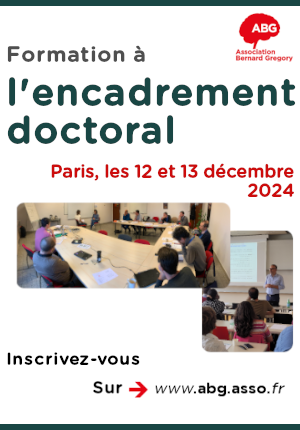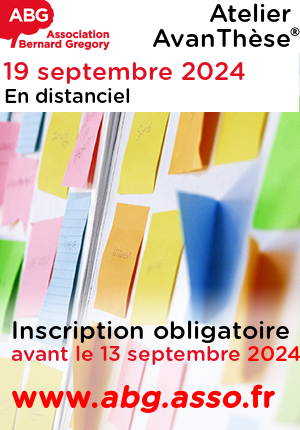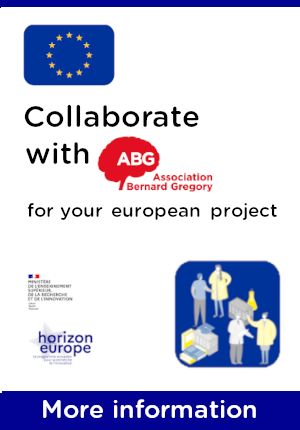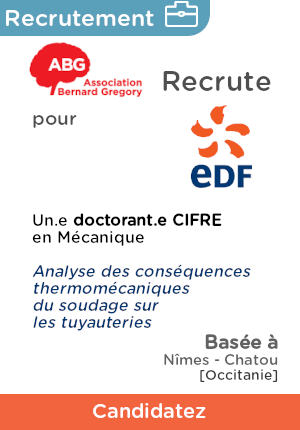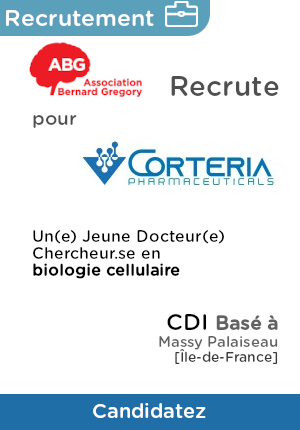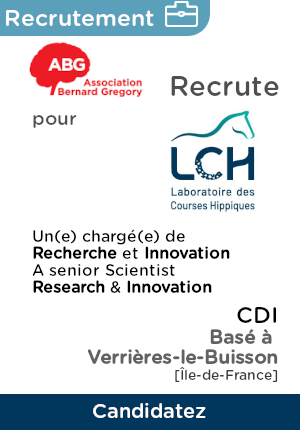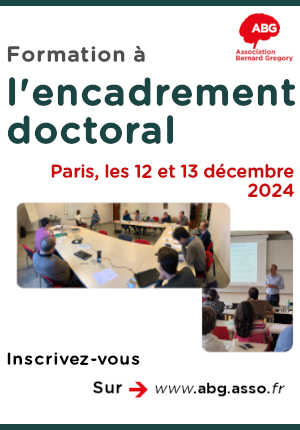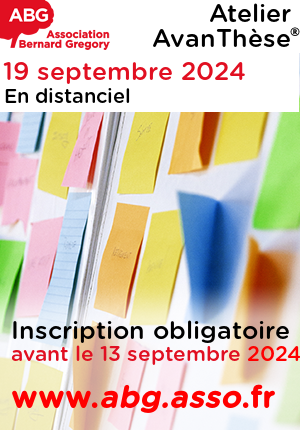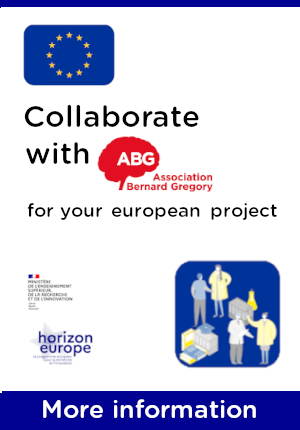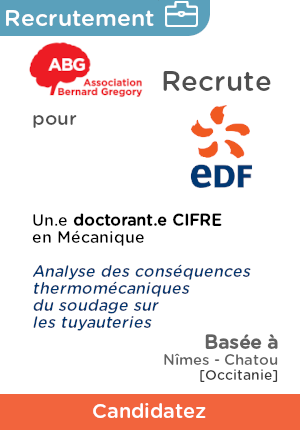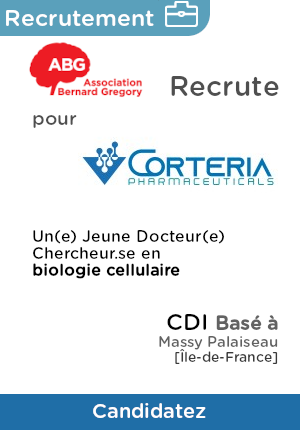Regulation of the Integrated Stress Response
| ABG-125111 | Thesis topic | |
| 2024-07-12 | Other public funding |
- Biology
- Biochemistry
- Health, human and veterinary medicine
Topic description
We are looking for a talented and highly motivated PhD student to join our team.
Cells respond to a variety of environmental cues, including viral infection, by activating the integrated stress response (ISR), a central pathway that controls host protein synthesis [1]. Our previous research revealed that chronic infection with hepatitis C virus induces a unique temporal control of this pathway, with alternating off and on states of translation, accompanied by the assembly and disassembly of cytosolic stress granules, respectively [2,3]. This dynamic response is controlled through the phosphorylation of the eukaryotic translation initiation factor 2? (eIF2?) by two antagonistic switches: the stress kinase Protein Kinase R (PKR) activated by viral double-stranded RNA, and Growth Arrest and DNA Damage inducible 34 (GADD34), a regulatory subunit of protein phosphatase PP1 and central component in the ISR negative feedback loop to resume translation and avoid irreversible damage. Our recent results have established that GADD34 mRNA levels serve as the molecular memory of the activated ISR and set the threshold for cellular stress responsiveness and mediates adaptation to stress [4].
The goal of this PhD project is to investigate mechanisms by which cells fine-tune the GADD34 negative feedback loop to adjust the ISR sensitivity and achieve adaptation to stress. We will explore uncharacterized pathways that regulate GADD34 both at the mRNA and protein levels. To this end, we will address the role of upstream open reading frames and nonsense-mediated mRNA decay in GADD34 mRNA turnover, as well as GADD34 post-translational modifications whose functions have not yet been established.
Methods that will be used: Cell culture, genome editing using CRISPR/Cas9, molecular cloning, RNA decay assays, polysome profiling, lentiviral transduction, fluorescence microscopy, etc.
The project benefits from a close, long-standing collaboration between the Stoecklin lab, focusing on RNA biology, and the Ruggieri lab, focusing on host responses to RNA viruses. The project is part of a DFG-funded research consortium (TRR 186) on "Molecular Switches in the Spatio-temporal Control of Cellular Signal Transmission", embedded within a lively community of scientists in Heidelberg and Berlin.
We offer an open, dynamic, and challenging work environment where teamwork, initiative and originality are encouraged and valued.
PhD applicants should send their application via the Heidelberg Biosciences International Graduate School (HBIGS) (https://www.hbigs.uni-heidelberg.de/) - Offer Ruggieri-01
References:
1. Eiermann, N., Haneke, K., Sun, Z., Stoecklin, G. & Ruggieri, A. Dance with the Devil: Stress Granules and Signaling in Antiviral Responses. Viruses 12:984 (2020).
2. Ruggieri A, Dazert E, Metz P, Hofmann S, Bergeest JP, Mazur J, Bankhead P, Hiet MS, Kallis S, Alvisi G, Samuel CE, Lohmann V, Kaderali L, Rohr K, Frese M, Stoecklin G, Bartenschlager R. Dynamic oscillation of translation and stress granule formation mark the cellular response to virus infection. Cell Host Microbe 12:71 (2012).
3. Klein, P., Kallenberger, S. M., Roth, H., Roth, K., Ly-Hartig, T. B. N., Magg, V., Ales, J., Talemi, S. R., Qiang, Y., Wolf, S., Oleksiuk, O., Kurilov, R., Di Ventura, B., Bartenschlager, R., Eils, R., Rohr, K., Hamprecht, F. A., Hofer, T., Fackler, O. T., Stoecklin, G. & Ruggieri, A. Temporal control of the integrated stress response by a stochastic molecular switch. Sci Adv 8:eabk2022 (2022).
4. Magg V, Manetto A, Kopp K, Wu CC, Naghizadeh M, Lindner D, Eke L, Welsch J, Kallenberger SM, Schott J, Haucke V, Locker N, Stoecklin G, Ruggieri A. Turnover of PPP1R15A mRNA encoding GADD34 controls responsiveness and adaptation to cellular stress. Cell Rep 43:114069 (2024).
Starting date
Funding category
Funding further details
Presentation of host institution and host laboratory
The Ruggieri Lab is part of the Center for Integrative Infectious Disease Research (CIID) in the Department of Infectious Diseases, Molecular VIrology, at the Heidelberg University.
Heidelberg is a very active and lively center for research in the field of life sciences and medical research (https://www.uni-heidelberg.de/index_e.html). It is one of the leading centers in virus research as well as systems biology in Europe. The campus provides unique opportunities for basic research in life sciences and is well connected to external institutions such as the German Cancer Research Center (DKFZ), the European Molecular Biology Laboratory (EMBL) and the Max-Planck Institute for Medical Research.
PhD title
Country where you obtained your PhD
Institution awarding doctoral degree
Graduate school
Candidate's profile
Personal qualifications of the PhD applicants:
- Master degree in Biotechnology, Molecular Biology or Molecular Biosciences.
- Dedicated interest in RNA biology and strong scientific curiosity.
- Solid experience in state-of-the-art cell biology and molecular biology techniques.
- Ability to work both independently and in a team.
- High motivation, reliability, and initiative.
- Fluency in English (written and spoken).
Vous avez déjà un compte ?
Nouvel utilisateur ?
Get ABG’s monthly newsletters including news, job offers, grants & fellowships and a selection of relevant events…
Discover our members
 Ifremer
Ifremer  Généthon
Généthon  Laboratoire National de Métrologie et d'Essais - LNE
Laboratoire National de Métrologie et d'Essais - LNE  ONERA - The French Aerospace Lab
ONERA - The French Aerospace Lab  Nokia Bell Labs France
Nokia Bell Labs France  ADEME
ADEME  SUEZ
SUEZ  Institut Sup'biotech de Paris
Institut Sup'biotech de Paris  CASDEN
CASDEN  TotalEnergies
TotalEnergies  Groupe AFNOR - Association française de normalisation
Groupe AFNOR - Association française de normalisation  PhDOOC
PhDOOC  ANRT
ANRT  MabDesign
MabDesign  MabDesign
MabDesign  CESI
CESI  Tecknowmetrix
Tecknowmetrix  Aérocentre, Pôle d'excellence régional
Aérocentre, Pôle d'excellence régional  Institut de Radioprotection et de Sureté Nucléaire - IRSN - Siège
Institut de Radioprotection et de Sureté Nucléaire - IRSN - Siège
-
JobPermanentRef. ABG124941Corteria Pharmaceuticals- Ile-de-France - France

Jeune Docteur, Chercheur en Biologie Cellulaire & Moléculaire (H/F)
BiologyAny -
JobPermanentRef. ABG123642Laboratoire des Courses Hippiques (GIE LCH)- Ile-de-France - France
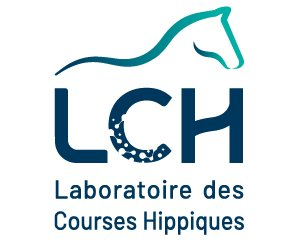
Chargé(e) de Recherche et Innovation (H/F) / Senior Scientist Research & Innovation (M/F)
Chemistry - BiochemistryConfirmed -
JobFixed-termRef. ABG125071KTH- Sweden
ERC-funded postdoc position on the detection of gas-phase organic radicals, KTH, Stockholm, Sweden
Chemistry - Physics - Engineering sciencesAny

